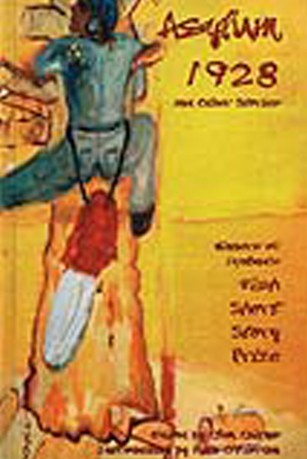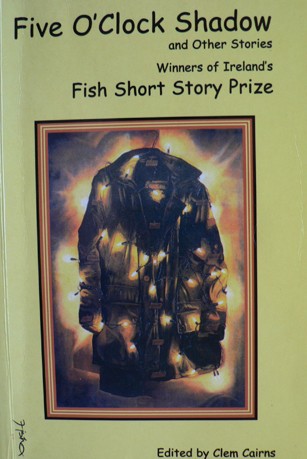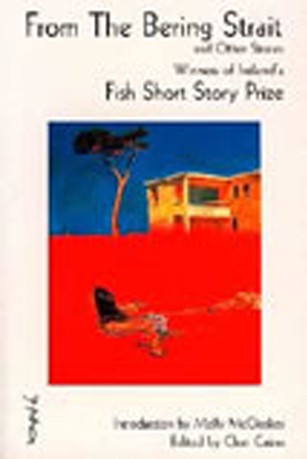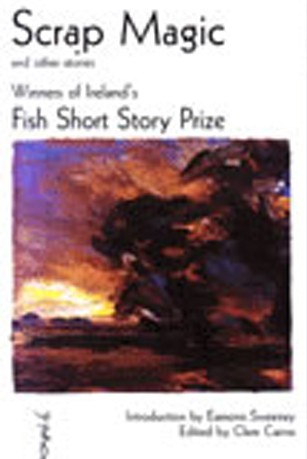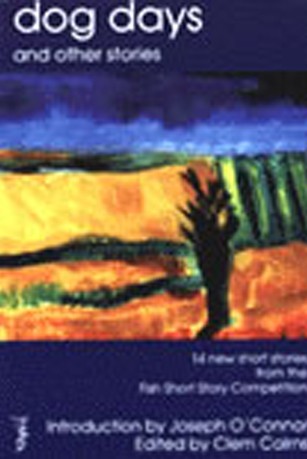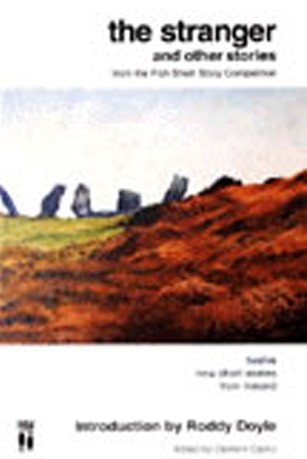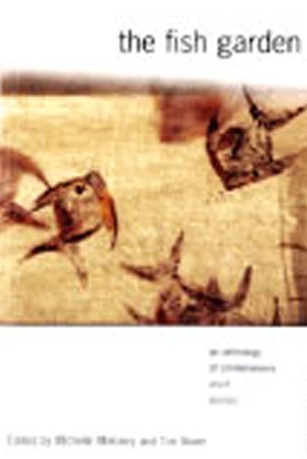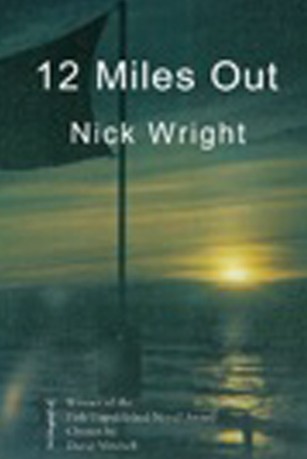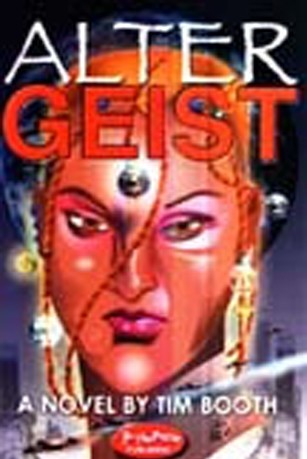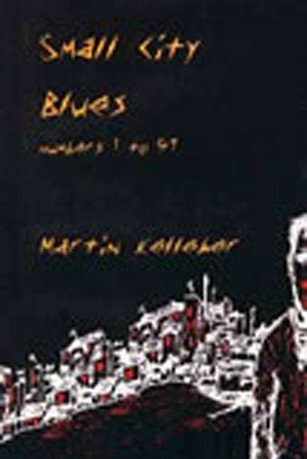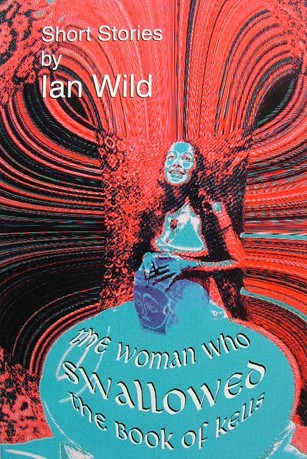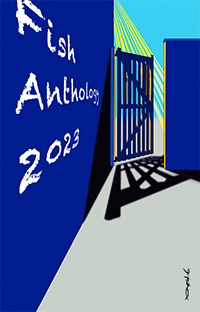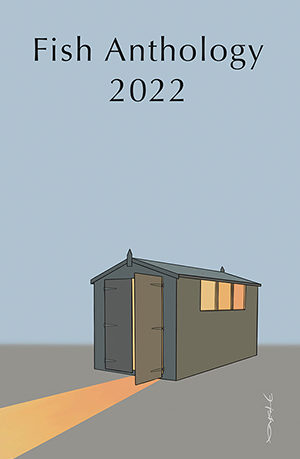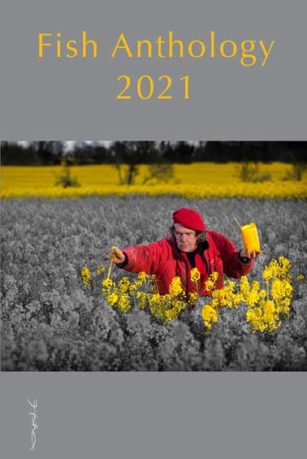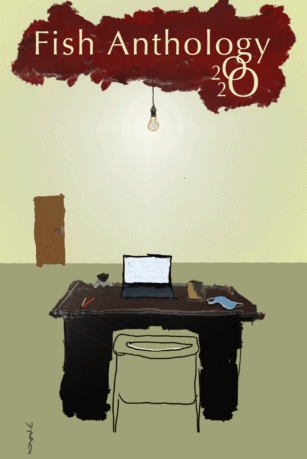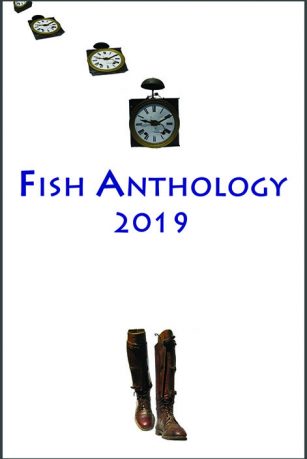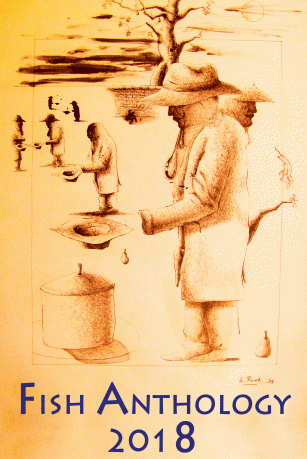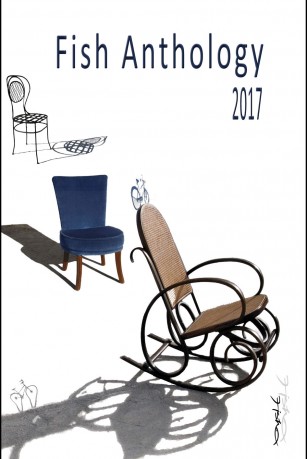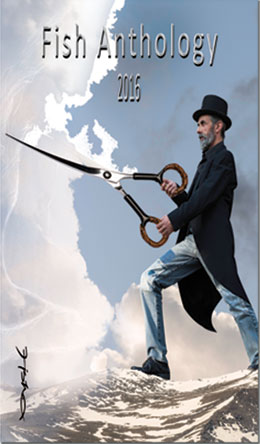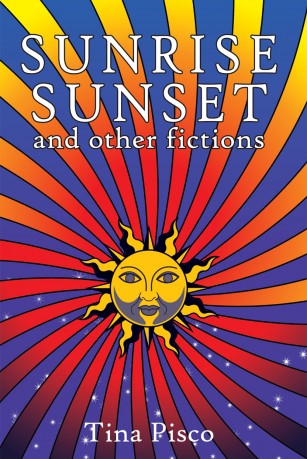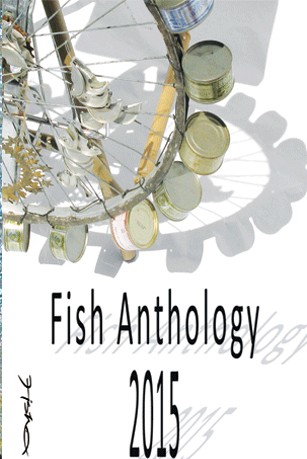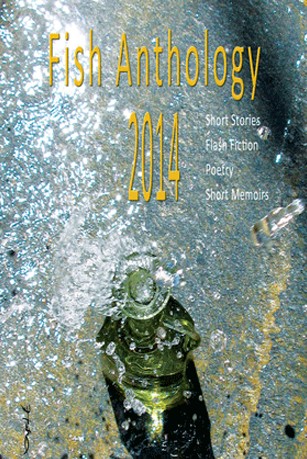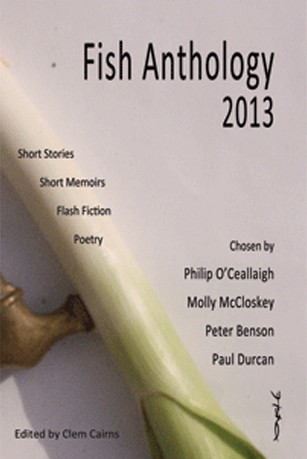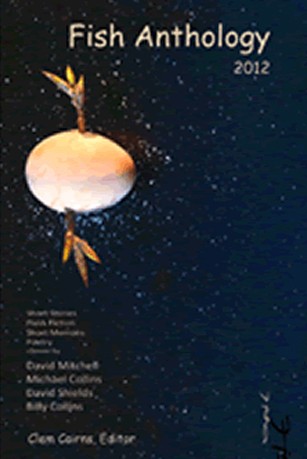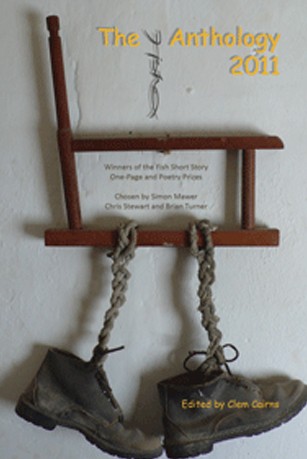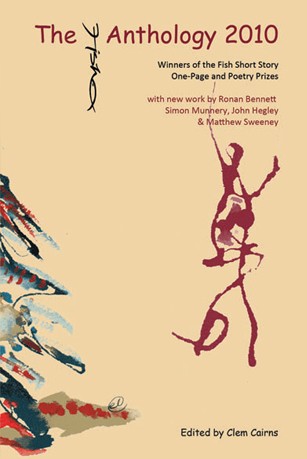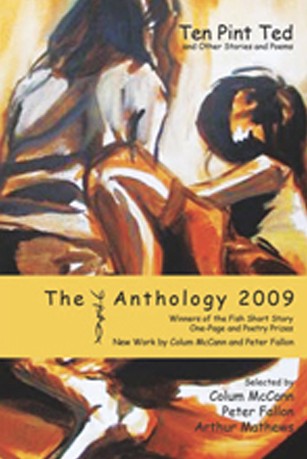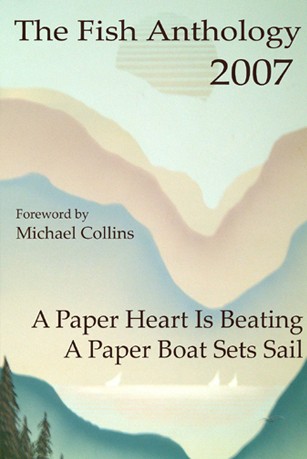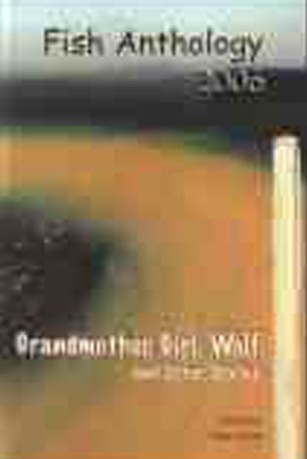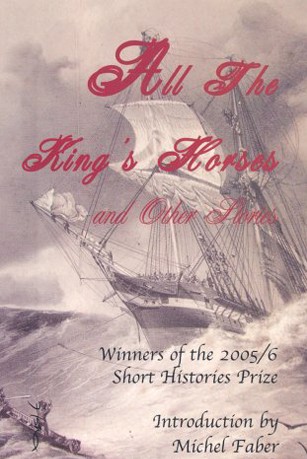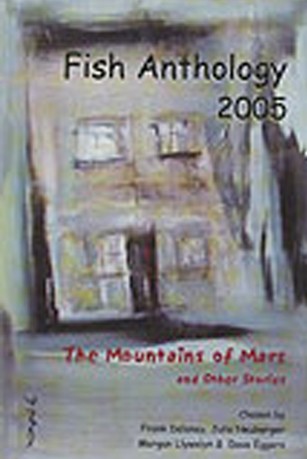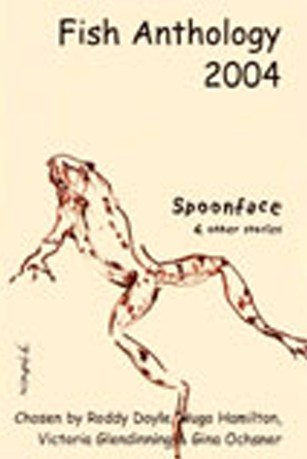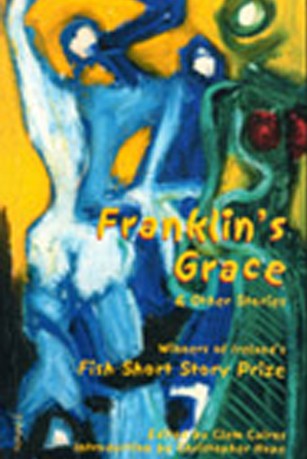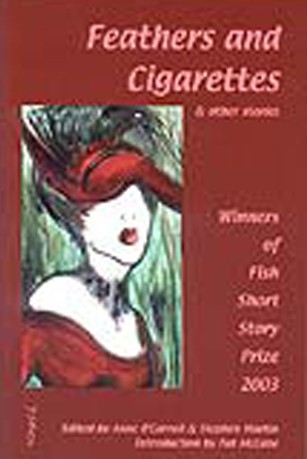
Feathers & Cigarettes
ISBN: 0-9542586-1-4
Introduction by Pat McCabe
Henry Thoreau said that it didn’t have to be long but it would take a long while if you wanted to make it short. What was he saying this about? About the form we know as the ‘short story’. Everyone over the years has had something to say on the subject. For V S Pritchett it was an athletic form. If you got a good start you could sprint to the end, unlike the nineteenth-century novel. For Frank O’Connor, it was the closest you could get to the lyric poem, in that the novel requires far more logic and far more knowledge of circumstances, whereas a short story can have the sort of detachment from circumstances that lyric poetry has.
Katherine Ann Porter wrote her stories in one sitting. Or so she said. But then writers say all sorts of things. Another thing that was said about the form – and I think it’s a good one – can be attributed to William Trevor. That it’s the ‘art of the glimpse’. Meaning that if the novel is like an intricate Renaissance painting, the short story tends more towards impressionism. It is an explosion of truth and its strength ought to lie in what it leaves out as much as what it puts in, if not more.
O’Connor has said that for him short stories and plays go together – you take a point in time and develop it from there; there is no room for development backwards. Thomas McGuane made a similar point regarding the relationship between novels and movies, and I think it is pertinent to the story as well – in that, in the writing of screenplays you are conscious of the dangers of ‘dead air’. You are not quite as willing to leave ‘those warm-ups’ in there, those pencil sharpenings and refillings of the whiskey glasses and those sorts of activities. You are very conscious of dead time, in the same way that playwrights are, or ought to be. Twenty mediocre pages, attests McGuane, won’t even hurt a novel but in a movie screenplay they are fatal. You can’t afford to hint at such slackness while writing a short story either.
P G Wodehouse said that his tales began in all sorts of different ways. He would start to write and in the process whatever it was he’d started off with got lost. On other occasions, stories would simply come out of nowhere.
Irwin Shaw, author of Rich Man Poor Man, said he loved its freedom. How it refuses to conform to any theory. Which would seem to render commentaries such as this one redundant. But perhaps there are, indeed, one or two constants. One of them being, as William Trevor has pointed out, that whereas the novel tends to imitate life, the short story is ‘bony’, and cannot wander. It is essential art.
This quality was uppermost in my mind while I was reading these submissions. I was looking for narratives where form and content were seen to synthesise perfectly, providing this ‘essential quality’. As Trevor has written elsewhere, this ‘explosion of art’.
But, most of all, I was searching for the ‘new.’ In the nineteen–seventies, the critic Alan Titley wrote a much-admired article entitled ‘Not Another Irish Short Story!’
It was so devastatingly incisive that I remember going into hiding for weeks, my suitcases at the time being full of adolescent comings-of-age, not to mention any number of sagacious old farmers pondering their lives as the townland’s lake swallowed up the local sun.
Lest anyone should think this is some sort of roundabout way of suggesting that what I was after were stories about ‘Modern Ireland’, and up-to-the-minute anatomies of ‘Celtic Tigers’, nothing could be further from the truth. I didn’t care where they were set or what they were about but I wanted them, more than anything, to surprise or startle me. Astonish me, indeed.
For I think that was what Alan Titley was getting at – that the subject matter was in danger of becoming tired, and its treatment often as well. For me, the surprise tends to come from the style and when that happens I have to admit to being delighted. The Terrible Eyes of Big Hawkins was so accomplished it surprised me, sealed, as it were almost, completely within its claustrophobic and occluded world. Even if that world isn’t entirely original, familiar as it is from any number of steamy Mason Dixon rural firecrackers. The Last Elf-Mite most definitely did surprise me, like some skewed but ordinary Harold Pinter domestic episode eccentrically reworked by Isaac Asimov. I found it courageous and fastidious and unflinching in its courage. A writer well worth watching, I feel. But then there were many writers whose work came my way that I feel that this can be said about. Mazes was a very good, if quite traditional story, meticulously sculpted and without a single superfluous detail.
There was a lot of writing from America, I noticed, and much of it good, I have to say. But I would have preferred more recklessness here – initially, I mean – the shape can come later – and perhaps less of the admittedly excellent craftsmanship that seems to be the forte of the writing schools in that country.
What did surprise me was the manner in which much of the Irish writing approached its subject with an almost weary disinterest or knowledge of the society in which the story was taking place. One hopes that writers are not falling for this would-be deracinated, citizen-of-nowhere nonsense without which Gogol’s Chichikov or Joyce’s Bloom wouldn’t have been half the men they were.
But, that said, there was much talent on view, and if I suggest that these writers should lock themselves in libraries, there to devour every possible tome on history and criticism and the politics of society, it is only because I think their work would be immeasurably improved. Especially now that the past has started to rumble and in far-off Mesopotamia the past has once again become the present as it has done, from Cheever back to Caesar and when Horace and Virgil were chewing their pens.
I would like to pay tribute to Fish Publishing for bringing this work to my attention and for providing writers with this platform. In a world where twenty screens of digital bullshit seem to be revolving without respite, cobwebs are gathering on majestic church organs and you can’t turn on the radio without yet another irate ‘taxpayer’ complaining yet again about his ‘rights as a consumer’, there is nothing that can surpass the ‘explosion of art’ and its obstinate insistence on making sense of things, these dedicated scribes, as though some secret society, heroically, humbly, espousing a noble cause.
Pat McCabe, Sligo 2003
Contents
Andrew Lloyd-Jones – Feathers & Cigarettes
Read this story in Short Stories to Read Online
Geona Edwards – The Terrible Eyes of Big Hawkins
Katy Darby – Pusycat, Pussycat
Freda Churches – The Visit
Mia Gallagher – All Bones
Jason Bellipanni – The Last Elfe-Mite
Morgan McDermott – Tow
Elizabeth Brinkley – Tinkerbell
The Visit – Freda Churches
Terese R Funke – Just the Way He Liked It
Virginia McRae – Sentenced to Death by Stoning
Gina Ochsner – The Hidden Lives of Lakes
Sean Lusk – Pursuit of the Invisible Woman
Linda E Clopton – Mazes
Sophie Spalding – Locked Down
Janice Nabors Raiteri – flagged
Rosemary Jenkinson – The Backroom Rebellion
Eoin O’Connor – The Second Coming of Teddy Lyons
Lara Fergus – Grace


